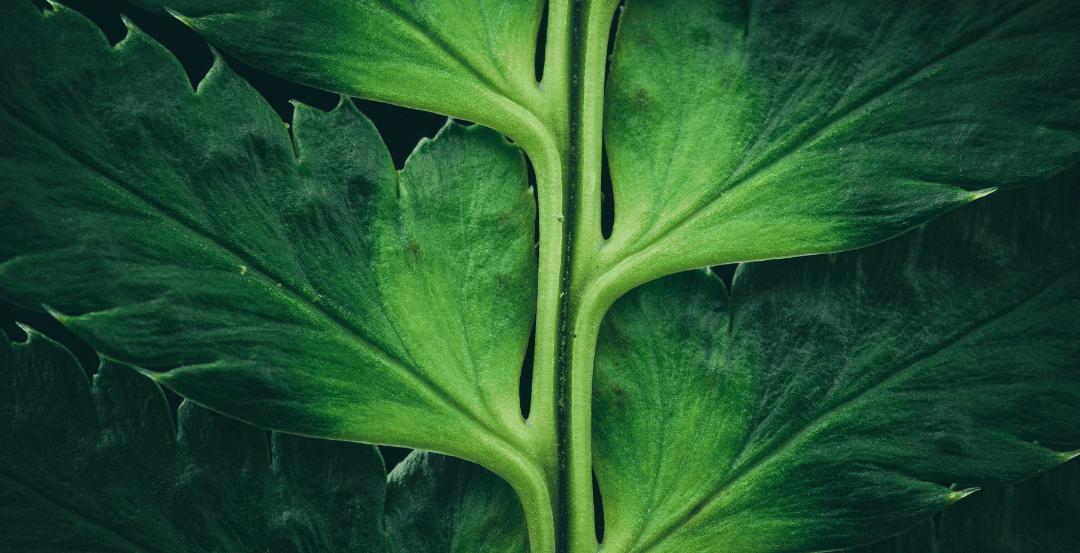If you are passionate about the biological sciences, it is important to know that a career in biology is not the only route of study, as biology is a very broad science that studies all living beings and the environment in which they develop.
The diversity in the career makes there are many academic opportunities, so today we are going to mention which are some of the careers that are related to biology. Biology studies the habitat, origin, evolution, nutrition, reproduction and any vital process involved in the development of living beings.
Biotechnology
Biotechnology takes advantage of cellular and biomolecular processes for the development of new technologies and products, the purpose of which is to improve life and the health of the planet.
A clear example of this type of career is when biotechnology is used in the pharmaceutical industry to find cures for diseases, to understand human cell biology and DNA, to develop antibiotics and vaccines. However, it can often be misused and laws have been enacted to ban certain programmes, such as human cloning and embryonic stem cell research.
Environmental biology
This is the study of how organs adapt to changes in the environment and the consequences of these changes for the ecosystem. Thus addressing problems related to conservation and endangered species, critical environmental challenges, and the effects of climate change on animals and ecosystems.
An environmental biologist is likely to be needed to study the impact of an oil spill or any other hazardous chemical agent in the ocean.
Marine biology
The study of marine life is to understand the world we live in. Because the oceans cover most of the planet, as the percentage is 71% and scientists estimate that so far no more than 5% of the oceans have been explored, which is a very low figure.
Marine biology focuses on the study of obviously marine organisms, their behaviour and interactions with the environment. This area is extremely broad, and therefore specialisations can be based on species, species groups, behaviour, ecosystem or techniques.
An example of this is seen in molecular biology, where researchers must apply techniques that include many environments. Which can range from coastal marshes to the deep sea, also taking into account viruses, plants and fish.
Microbiology
Microbiology is a branch of biological science that deals with the study of microscopic organisms. Practitioners study different types of microbes, including bacteria, viruses, archaea, eukaryotes, prions, fungi, protozoa and algae.
Biochemistry
Biochemistry studies explore all chemical processes related to living organisms, because it is a science that links biology with chemistry through the use of chemical knowledge and techniques. So that biochemistry professionals can understand, comprehend and solve biological problems.
The science focuses on what happens inside cells, studying the components of lipids, proteins and organelles. It also looks at how cells communicate with each other during the process of growth development or in the fight against disease.
¡Haz click para puntuar esta página!
Es muy importante para nosotros que puntúes nuestro trabajo para poder seguir mejorando. Tus opiniones ayudan al resto de estudiantes a encontrar nuestra página web.






